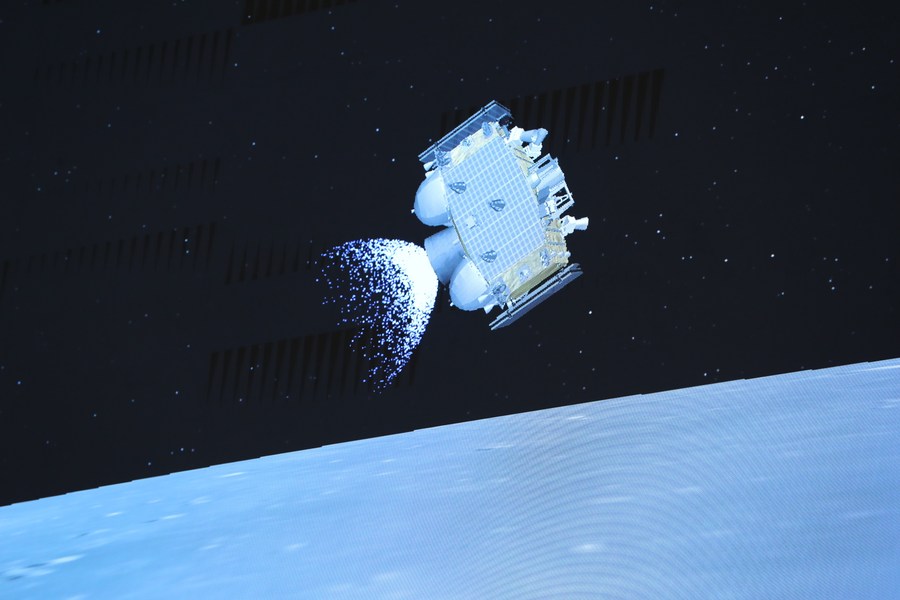China will carry on its moon research in the future with Chang'e-6, Chang'e-7 and Chang'e-8 missions by 2030, chief designer of the country's lunar exploration program Wu Weiren said.

The Chang'e-6 is scheduled to bring back to Earth lunar samples with a mass of up to 2 kilograms; the Chang'e-7 will be tasked with landing on the lunar south pole and detecting local natural resources; and the Chang'e-8, working in collaboration with Chang'e-7, is going to scout how to exploit lunar resources.
According to Wu, the Chang'e-6 and Chang'e-7 are expected to be launched around 2025.
Future missions also include the development of a special craft, which can fly from the landing site to lunar craters to help scientists look for traces of water. If water is present, it could provide resources for future crewed missions on the moon, Wu noted.
After 2030, a new set of missions will be carried out to complete the construction of an international lunar research station by 2035.
"There will be multiple rovers and landers working in the future moon station and a lunar-based communication network to support these spacecraft," Wu said. "The lunar research station can also function as a transfer outpost for the solar system and even deeper space explorations."

